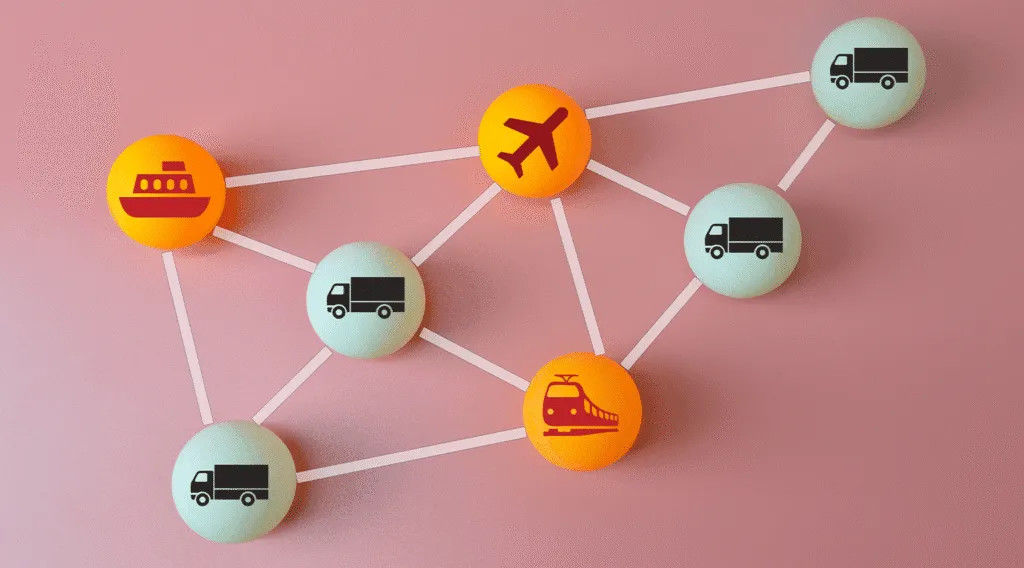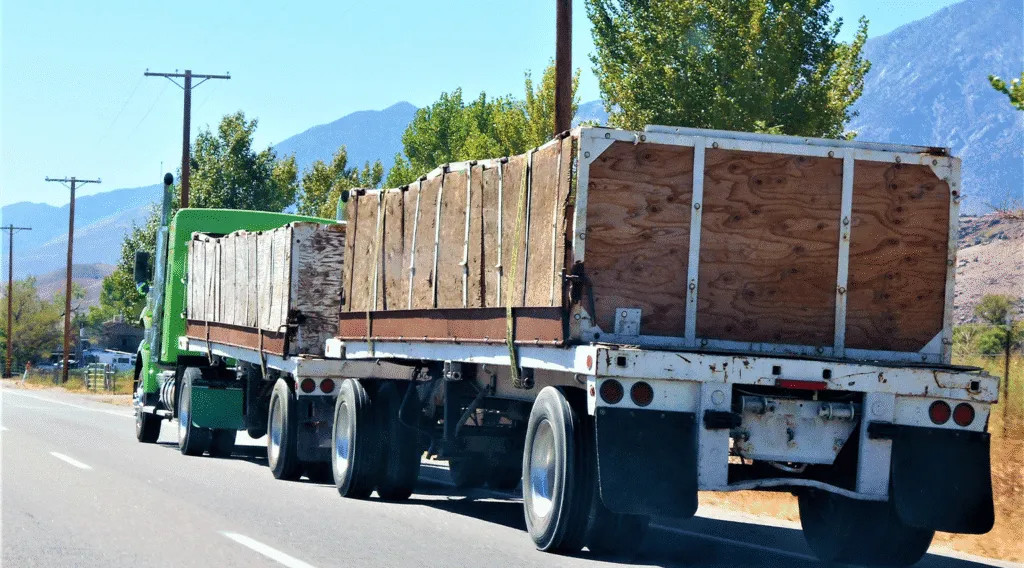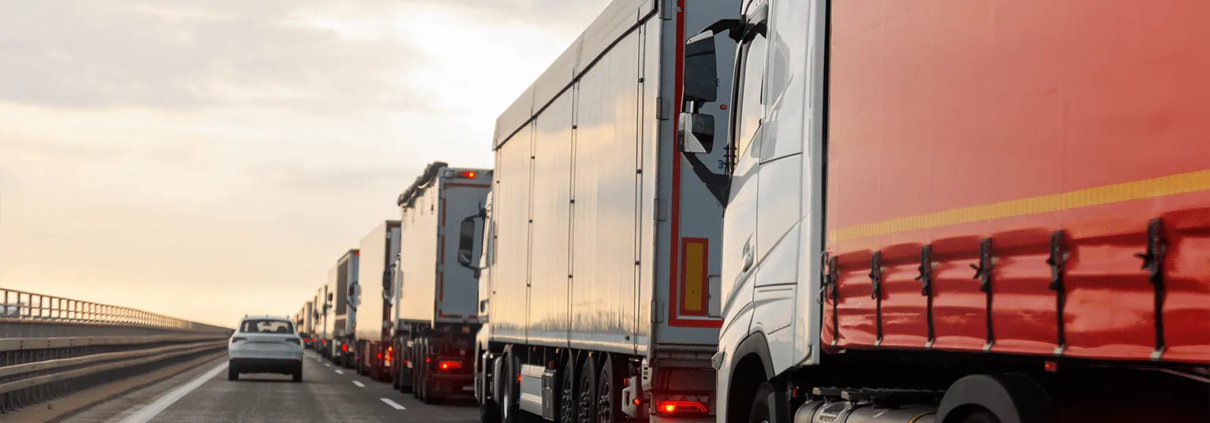Choosing the Best Truck for Transport Business and Simplifying the Process of Booking Loads
The trucking sector has witnessed significant growth over the past few years, driven by increasing demand for goods transportation across cities, states, and even rural areas. Whether it’s a new entrant in the logistics industry or a seasoned fleet owner expanding operations, two elements are always top priorities — selecting the best truck for transport business and streamlining the process of booking loads to reduce empty runs and maximize profits.
Running a successful transport business goes beyond just owning a vehicle. It requires thoughtful planning, knowledge of market trends, and the right tools to ensure that every trip is productive. This blog explores key points to help business owners select the most suitable trucks and discusses how efficient load booking can contribute to consistent revenue and operational growth.
Understanding the Transport Business Structure

The transport business can operate on multiple scales — from small single-truck operators catering to local deliveries to large fleet owners handling cross-country shipments. Depending on the volume of goods, route types, and nature of cargo, each business requires a specific truck type and a consistent supply of delivery orders.
Both aspects — truck selection and booking loads — are interlinked. The wrong choice of vehicle can restrict the type of cargo that can be handled, while an unreliable or outdated method of load booking can lead to underutilization of the asset.
Choosing the Best Truck for Transport Business
Selecting the best truck for transport business requires evaluating several factors:
Payload Capacity
Each truck is designed to carry a specific weight. Light commercial vehicles (LCVs) typically carry up to 2-3 tons, while heavy-duty trucks can carry more than 20 tons. Choose a truck based on your cargo type and expected daily operations.
Fuel Efficiency
Fuel cost forms a large part of operational expenses. A fuel-efficient truck can reduce the cost per trip and increase overall profitability. Look for engine specifications and real-world mileage reviews before making a purchase.
Maintenance Costs
Reliability is essential in transportation. Frequent breakdowns lead to losses in both revenue and client trust. The best truck for transport business should be easy to maintain and have access to affordable spare parts and service centers.
Truck Size and Dimensions
The length and height of the cargo area should match your typical load requirements. For example, a reefer truck is necessary for perishable goods, while an open-body truck suits construction materials.
Road Compatibility
Certain trucks are better suited for highways, while others perform well on narrow or uneven roads in rural areas. Consider where most of your deliveries will take place when choosing your truck.
Technology Integration
Modern trucks offer features like GPS tracking, driver behavior monitoring, and load sensors. These additions can improve trip management and safety.
A carefully selected truck can contribute to lower operational costs, reduced wear and tear, and better alignment with cargo availability. But owning the right vehicle alone isn’t enough — efficient booking loads are what drive actual revenue.
The Importance of Booking Loads Efficiently

A truck, regardless of how well it performs, is only profitable when it’s carrying a load. Efficient booking loads ensure that trucks are rarely idle and that every kilometer covered contributes to revenue generation.
Benefits of Efficient Load Booking:
Reduced Idle Time
The faster a truck gets assigned a load, the sooner it can begin its next trip. Idle trucks result in lost earnings.
Better Route Optimization
By choosing loads that align with desired delivery routes or return routes, trip planning becomes more efficient, saving fuel and time.
Higher Fleet Utilization
Fleet owners can ensure that all their vehicles are engaged consistently when there’s a system in place to manage load assignments.
Predictable Income Flow
Regular load bookings result in consistent trips, leading to more predictable cash flow and easier business planning.
Competitive Advantage
Quicker response time to load requests can increase customer satisfaction and lead to long-term business relationships.
Traditionally, load booking was done through agents, freight brokers, or phone calls. These methods, however, often result in delays, miscommunication, or limited options. With modern digital tools, booking loads has become faster, more accurate, and far more accessible.
Digital Solutions for Load Booking

Online freight platforms now connect truck owners directly with businesses that need to move cargo. These digital tools are making booking loads simpler and more effective by offering features like:
- Real-time load listings
- Filters by route, cargo type, and weight
- Online bidding or fixed rate acceptance
- Direct communication with shippers
- Digital documentation and payment tracking
With the right app or platform, truck owners can access a wider range of load options. This ensures trucks spend less time idling and more time on the road, generating income.
Moreover, these platforms cater to all types of trucks — whether you’re using a mini truck for local deliveries or a multi-axle trailer for long hauls, you can find suitable freight opportunities at any time.
Matching the Right Truck with the Right Load
Once you have the best truck for transport business, it’s essential to match it with the most appropriate types of loads. Here’s how different truck types are commonly used:
- Mini Trucks (0.5 to 1.5 tons): Ideal for courier services, groceries, and e-commerce deliveries in urban areas.
- Pick-up Trucks (up to 2 tons): Used for furniture, household goods, and light commercial items.
- LCVs and ICVs (2 to 9 tons): Suitable for FMCG, electronics, textiles, and regional distribution.
- HCVs (9 to 25+ tons): Handle bulk cargo such as cement, steel, machinery, and heavy appliances.
- Trailers and Containers: Used for interstate or port deliveries involving containerized goods, automobiles, or long-range shipping.
Matching load type to truck capacity ensures operational efficiency and customer satisfaction. Overloading or underutilizing a truck affects fuel efficiency, risks fines, and damages vehicle longevity.
Conclusion
Success in the transport business depends on two critical decisions — selecting the best truck for transport business and ensuring a steady stream of freight through efficient booking loads. Together, they form the backbone of an effective logistics operation.
With reliable vehicles and the right tools to find and accept delivery orders, transporters can reduce downtime, improve earnings, and provide better service to clients. As competition grows in the logistics sector, those who adapt to modern methods will thrive.
To simplify your operations, improve load access, and get the most out of your trucking investment, choose Trucksup — a trusted platform built to support transport businesses across India with technology-driven freight solutions.



Leave a Reply
Want to join the discussion?Feel free to contribute!